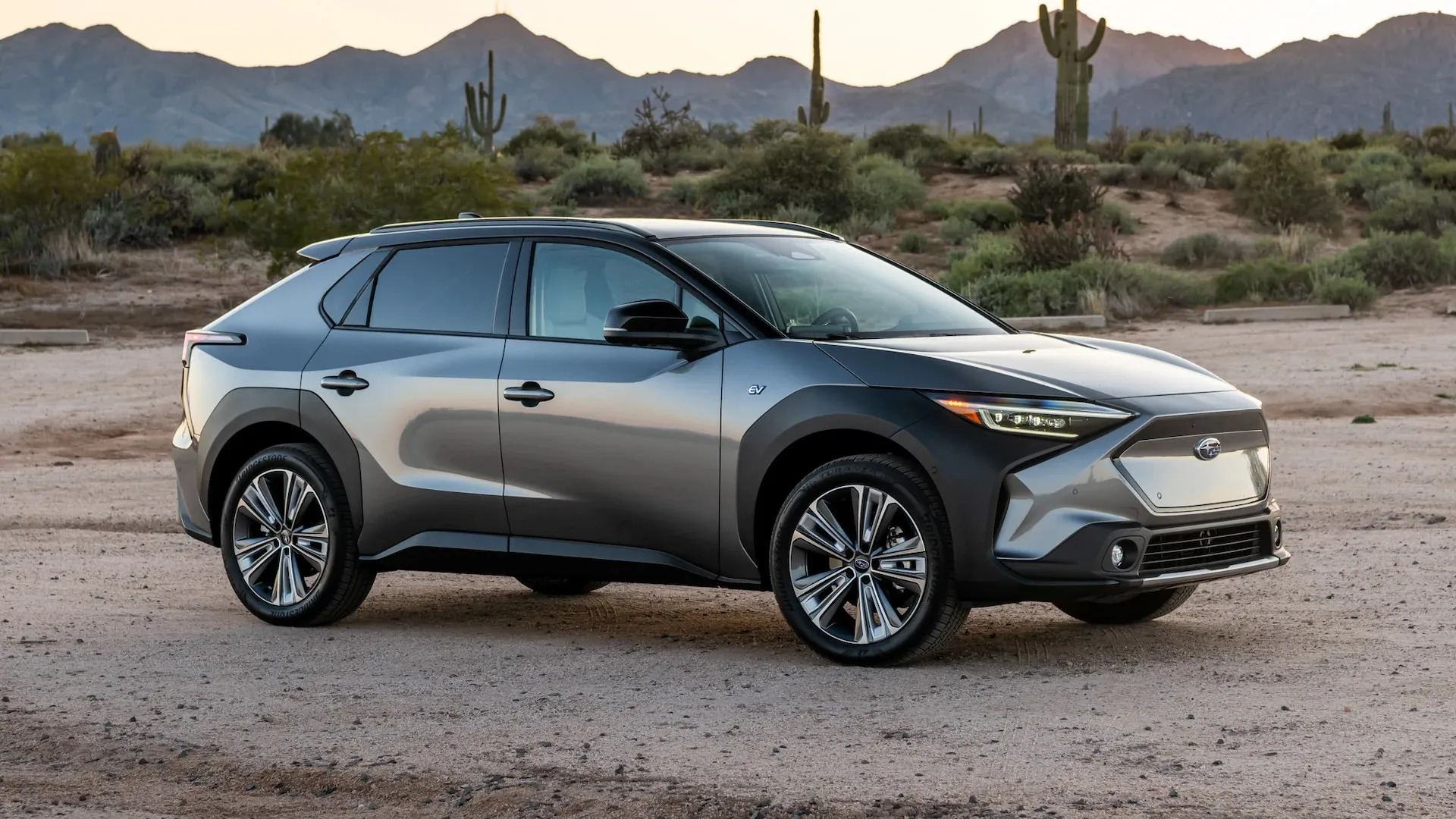Monarch Tractor, a high-potential AgTech startup known for its autonomous, electric tractors, is now warning its workforce of a potential shutdown after preparing for layoffs exceeding 100 employees. A company-wide memo, reported by internal sources, suggests that Monarch’s ambitious pivot to a software-first future may not come in time to prevent a financial collapse. This development marks a serious turning point for the once-promising firm.
Here’s a deep dive into what’s happening, why the company is in trouble, and what the future might hold.
Background: What Is Monarch Tractor?
Founded in 2018, Monarch Tractor set out to reinvent farm equipment with electric, “driver-optional” machinery. Its founders include a former Tesla executive as well as Carlo Mondavi, from the famous wine-making family.
Monarch has raised hundreds of millions in funding—at least $220 million over several rounds. The company shipped around 500 of its MK-V tractors, targeting customers in vineyards, fruit farms, and other precision agriculture settings.
In 2024, Monarch began restructuring. It announced layoffs, a change in its business model, and a renewed focus not just on making electric tractors, but also on offering autonomy-related software and licensing its self-driving tech.
What’s Triggered the Current Crisis
1. Harsh Memo to Employees
Monarch issued an internal memo warning staff that more than 100 jobs may be cut, and the company is actively assessing whether to shut down operations entirely. Such a drastic warning signals a severe cash- and strategy-related crisis.
2. Failed Pivot Timing
According to the memo, Monarch is doubling down on a transformation toward SaaS (software as a service), hoping to license its autonomy software to OEMs and other partners. But the new business plan hasn’t solidified fast enough, and the transition timeline is tight. The company says the “timing for completing the transition … puts Monarch at risk of shut down.”
3. Loss of Manufacturing Partner
Another major blow: Monarch lost its manufacturing partnership with Foxconn earlier this year, an essential relationship for producing its electric tractors. Foxconn sold its Ohio factory, disrupting Monarch’s ability to produce at scale.
4. Legal Pressure
The company is facing legal trouble, too. Burks Tractor, an Idaho dealership and one of Monarch’s first partners, filed a lawsuit alleging that Monarch’s tractors “were unable to operate autonomously” as promised. The suit argues that Monarch misrepresented its “driver-optional” technology, which could further strain finances and reputation.

Why the Pivot to Software Isn’t Enough (Yet)
Monarch’s plan is bold: rather than compete solely as a tractor manufacturer, it wants to monetize its autonomy stack through licensing and software services. The memo to staff frames this as a way to unlock new revenue streams through SaaS autonomy, transforming its product into a software platform.
But key challenges stand in the way:
-
Cash Burn vs. Revenue: Developing and scaling a SaaS business requires significant investment. If revenue from software licensing isn't covering costs soon enough, internal warnings suggest the runway may run out.
-
Market Adoption Risk: For Monarch’s transition to work, OEMs and farm operators need to adopt its autonomous stack. That’s a big ask — and a shift in how traditional farm equipment is purchased.
-
Operational Complexity: Moving from selling physical tractors to licensing software isn't trivial. It means new sales models, technical support, infrastructure, and customers accustomed to a different business model.
The Layoffs: Scale and Impact
According to the memo, Monarch may permanently lay off up to 102 employees. That number is significant when compared to the roughly 300 employees the company reportedly had around this time last year.
Layoffs are reportedly already underway — not just in the U.S.-based headquarters, but also across remote teams in India and Singapore.Some former employees have confirmed cuts happened recently.
These workforce reductions raise serious questions:
-
Which teams are being cut? Engineering? Sales? Support?
-
Will Monarch be able to maintain its technical development under this stress?
-
How much of this is a restructuring vs. preparing for a full shutdown?
The Reputational Risk: Legal Challenges
The lawsuit filed by Burks Tractor is a major reputational threat. The dealer claims that Monarch promised full autonomy, but in practice, the tractors delivered exhibited performance issues and could not operate autonomously as advertised.
If the court finds in favor of Burks Tractor, Monarch could face not only financial penalties but also a severe loss of credibility among potential clients. For a startup that has built its identity around autonomy, proving reliability is essential.
Monarch has denied the claims in court, but defending such a lawsuit will likely drain resources and focus — especially amid its financial and operational struggles.

Long-Term Risks: Is Shutdown Really on the Table?
Monarch’s warning to employees isn’t just speculative — it’s a candid admission that the company might fail if its pivot to SaaS doesn’t work out in time. Here are some of the long-term risks it faces:
-
Cash Drain: If the SaaS shift fails or is delayed, Monarch may not generate sufficient revenue to cover ongoing costs.
-
Manufacturing Disruption: Without Foxconn producing tractors, scaling physical product becomes a serious challenge.
-
Product Credibility: Lawsuits about autonomy performance could deter potential buyers and partners.
-
Talent Loss: Layoffs may drive away engineering talent just when software development is most critical.
-
Investor Confidence: Investors backing an AgTech-autonomy business will be closely watching execution. Continued negative developments could jeopardize future funding.
Why Monarch Believed in This Pivot
Despite the risks, there are real reasons why Monarch is pushing so hard into software and autonomy:
-
Capital Efficiency: Software licensing is a more scalable business than manufacturing hardware. If done right, it can generate recurring, high-margin revenue.
-
Addressable Market: Autonomous vehicle technology has huge potential across agriculture, not just in tractors — other vehicle OEMs could license Monarch’s autonomy stack.
-
Differentiation: By positioning itself as a “tech-first” company (rather than a pure EV startup), Monarch may stand out in a crowded market.
-
Legacy Ambition: For the founders, the vision isn’t just electric tractors — it’s transforming how farming works in the long term through autonomy, data, and efficiency.
Will Monarch Survive — Or Fade Away?
At this crossroads, a few potential scenarios emerge for how Monarch Tractor’s story could unfold:
-
Successful Pivot
-
Monarch executes its SaaS strategy, licenses its autonomy stack successfully, and finds new manufacturing partners.
-
Layoffs trigger a leaner, more efficient organization that lives through the pivot.
-
Investors double down on a software-driven future.
-
-
Partial Restructuring
-
Monarch scales back tractor production, but doesn’t fully exit hardware.
-
The company maintains some core team and operations, but under a reduced footprint.
-
Licensing deals provide some relief, but not full financial recovery.
-
-
Shutdown
-
If revenue from autonomy software doesn’t arrive in time, and lawsuits erode trust, Monarch may have to shut down.
-
Employees could be cut, contracts ended, and the company’s assets liquidated.
-
Why This Situation Is a Big Deal for AgTech
-
Autonomous Farming Risks: Monarch’s troubles highlight how hard it is to build profitable autonomous agriculture companies.
-
EV Startup Challenges: Even with strong funding, hardware-focused EV ventures are vulnerable when manufacturing partners change strategy.
-
Model Shift Lessons: Monarch’s pivot may serve as a cautionary tale for other AgTech startups that want to transition from hardware to SaaS.
-
Investor Signal: How investors respond now could set the tone for future agri-autonomy funding.
What Observers and Stakeholders Are Watching Next
-
Layoff Details: Exactly which departments are being cut, and how steep the reductions will be.
-
Legal Outcome: The result of the Burks Tractor lawsuit, and whether Monarch will settle or contest.
-
New Partnerships: Will Monarch announce new manufacturing partners now that Foxconn is out?
-
Revenue Moves: Can Monarch actually close deals on its autonomy software?
-
Investor Activity: Will the next round of funding come — or will confidence erode?
Monarch Tractor’s current gamble is massive. The company built a bold vision: electric, autonomous tractors that change the face of farming. But ambitious pivots require perfect timing, strong execution, and stable partnerships.
The memo warning about layoffs and possible shutdown isn’t just bad news — it’s a wake-up call. Monarch is facing existential risk if it can’t execute its SaaS transition fast enough. Legal challenges and manufacturing disruptions make its path forward even more treacherous.
Yet, there’s still a sliver of hope. If its autonomy licensing model takes off, Monarch could transform from a hardware startup into a scalable, software-powered agricultural tech company. That would validate years of R&D, and preserve its core mission — but it may be its only lifeline.
For now, all eyes are on Monarch Tractor: can it reinvent itself to survive, or will its founder’s vision become a cautionary tale for other deep-tech AgTech pioneers?


-1753180599-q80.webp)

